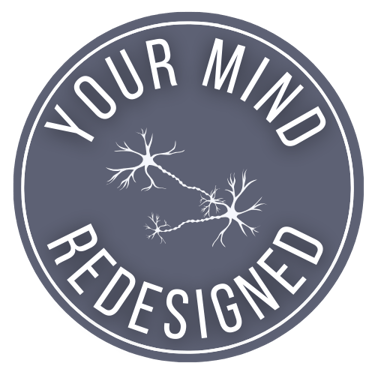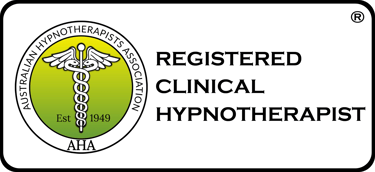
Overcome Food Addiction with Hypnotherapy
Case Study: Breaking Free From Emotional Eating & Food Cravings
hypnotherapy and nlp to address Food Addiction
Emotional eating is a complex issue that goes beyond simple cravings or lack of willpower. Many individuals find themselves trapped in a cycle of compulsive eating, emotional dependency on food, and habits formed over years—often as a way to cope with stress, anxiety, or past experiences.
Hypnotherapy, combined with Neuro-Linguistic Programming (NLP), offers a powerful and effective way to break free from these patterns and create a healthier relationship with food.
Michelle's journey: Breaking food addiction
Meet Michelle*, a client who struggled with an overwhelming urge to visit her favorite fast-food chain almost daily. On the rare days she didn’t indulge, she found herself constantly thinking about it. From childhood, she had used food as a reward to get through stressful days, and while she was finally ready to make a change, she didn’t know how to break the cycle.
Initial Consultation: Identifying the Root Cause
In her first session, Michelle was able to pinpoint the origins of her food addiction, recognising the key emotional triggers that kept her trapped in the habit. By the end of this session, we had already established a powerful NLP resource—linking a physical anchor (a kinesthetic signal) to a positive, resourceful emotional state. This became a tool she began to use whenever she felt triggered.
Session 2 & Beyond: Rewiring the Subconscious Mind
From the second session onward, we combined hypnosis and NLP to address ‘stuck’ emotions, challenge outdated subconscious programming, and wire in new, healthier neural pathways. With repetition and reinforcement, these new patterns became automatic behaviors, reducing her cravings and shifting her mindset around food.
Successful Transformation
Over a relatively short period of time (4 sessions), Michelle reported feeling significantly less driven by compulsive food thoughts. She no longer felt the pull towards fast food and instead developed healthier coping mechanisms for stress. By working at both the conscious and subconscious levels, she was able to make sustainable changes that felt natural and almost effortless.
*Name changed for privacy.
How Hypnotherapy Works with Food Addictions
Hypnotherapy works by addressing the subconscious beliefs and emotional triggers that fuel compulsive eating habits. Through guided hypnosis and NLP techniques, individuals can reprogram their automatic responses to food, build healthier habits, and regain control over their eating choices.
Key Benefits of Hypnotherapy for Food Addiction:
Reducing Cravings – Hypnotherapy can help weaken the emotional and psychological triggers that lead to unhealthy food cravings.
Rewiring Thought Patterns – NLP techniques assist in reframing limiting beliefs and subconscious associations with food.
Emotional Regulation – Clients learn how to manage stress and emotions without turning to food for comfort.
Creating Healthy Habits – Hypnosis helps establish new, positive habits that replace compulsive eating behaviors.
Take Control of emotional eating
If you find yourself caught in an unhealthy cycle with food, hypnotherapy and NLP can provide the breakthrough you need. These techniques work by addressing the subconscious drivers behind food addiction, allowing you to create lasting, positive change.
Are you ready to transform your relationship with food? Book a consultation today and take the first step towards a healthier, more balanced life.
Find out more about Emotional Eating and other concerns on our Education and Research page.


"The first wealth is health."

